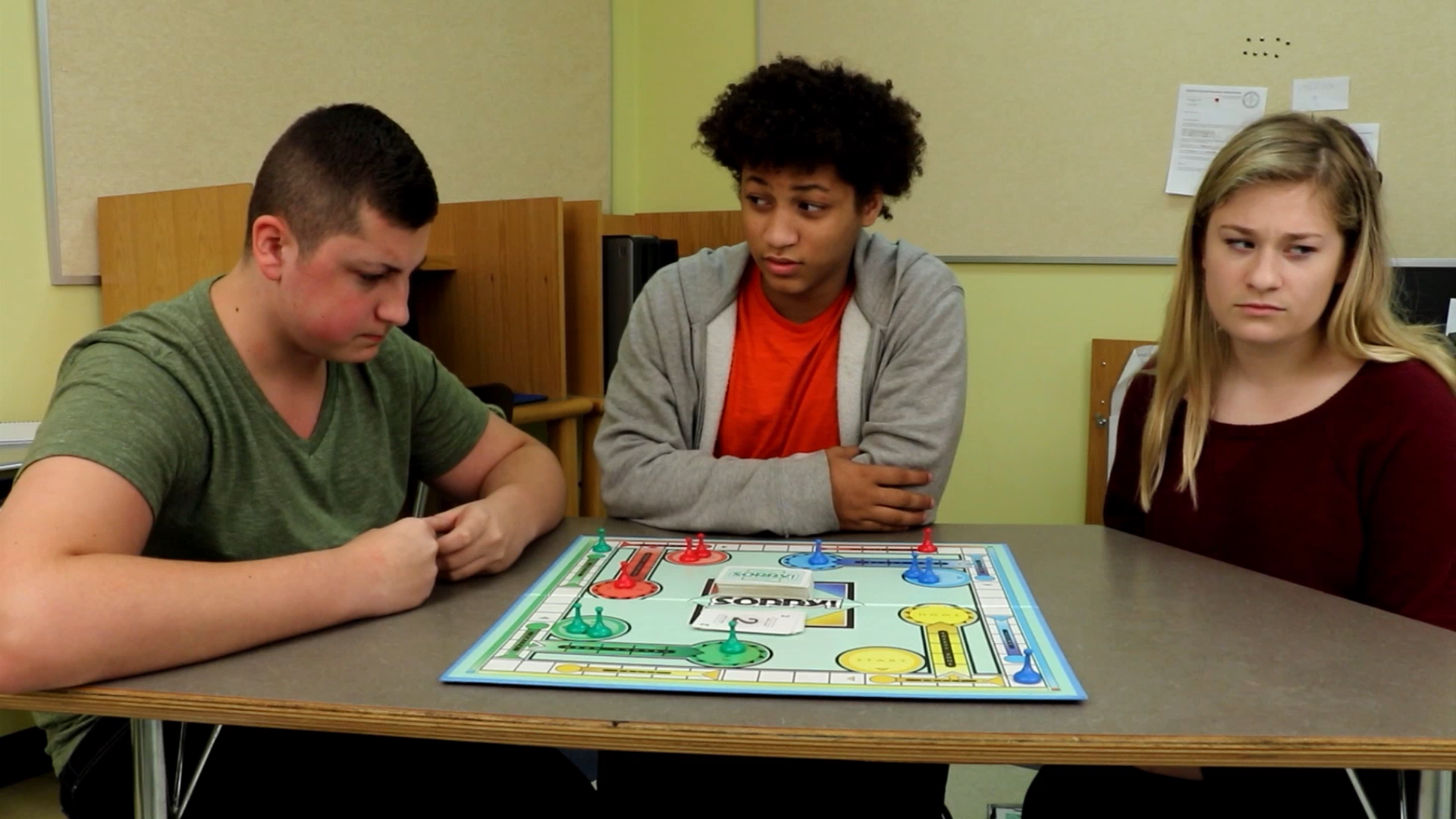Introduction
As educators, we understand the importance of teaching students how to interact positively with others. One crucial aspect of social interactions is knowing when and how to correct others gently. This skill is particularly important when students have a strong understanding of a subject or a game and may feel the urge to correct their peers. Constantly correcting others can lead to frustration and negative feelings. In this blog post, we will explore a no-prep activity that teaches students the importance of gentle correction, along with discussion questions and related skills.
No-Prep Activity
This activity is designed to help students understand the importance of gentle correction and practice it in a safe environment. It requires no preparation or materials from the educator.
- Divide the students into small groups of 3-5 participants.
- Assign one student in each group to be the “expert” on a specific topic or game. This can be a subject they are knowledgeable about or a game they enjoy playing.
- The other students in the group will take turns asking the “expert” questions about the topic or game. The “expert” should answer the questions and provide guidance, but must do so in a gentle and respectful manner.
- After a few minutes, rotate the roles so that each student has the chance to be the “expert” and practice gentle correction.
- At the end of the activity, bring the class together to discuss their experiences and what they learned about correcting others gently.
Discussion Questions
To stimulate further discussion and reflection on the importance of gentle correction, consider posing the following questions to your students:
- How did it feel to be the “expert” and correct others gently? What challenges did you face?
- How did it feel to be corrected by the “expert”? Did you feel respected and supported?
- Why is it important to correct others gently, especially in a fun situation like a game?
- Can you think of a time when someone corrected you in a way that made you feel upset or frustrated? How could they have corrected you more gently?
- What strategies can you use in the future to correct others gently and respectfully?
Related Skills
In addition to the art of gentle correction, students can benefit from learning other social-emotional skills that contribute to positive interactions with their peers. Some of these skills include:
- Active listening: Teaching students to listen attentively and empathetically to others can foster better communication and understanding.
- Conflict resolution: Helping students learn to address disagreements in a constructive and respectful manner can promote a harmonious classroom environment.
- Empathy: Encouraging students to put themselves in others’ shoes can help them be more understanding and supportive of their peers.
- Assertiveness: Teaching students how to express their opinions and needs respectfully can empower them to navigate social situations confidently.
Next Steps
Interested in incorporating the art of gentle correction and other social-emotional learning skills into your classroom? We encourage you to sign up for free samples of our skill-based resources and activities. Explore a variety of materials designed to support educators in teaching essential social-emotional skills that will help students thrive in their interactions with others.






